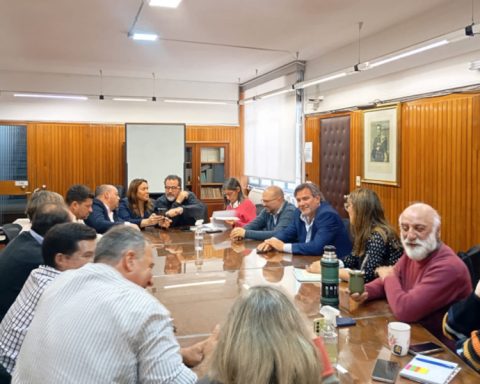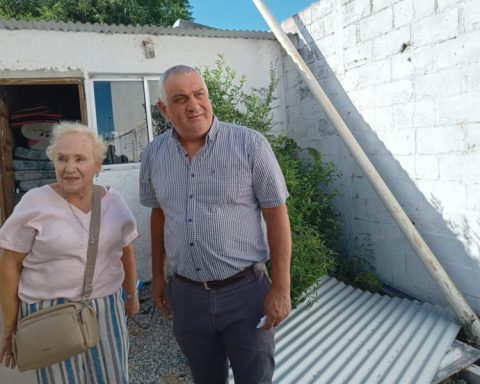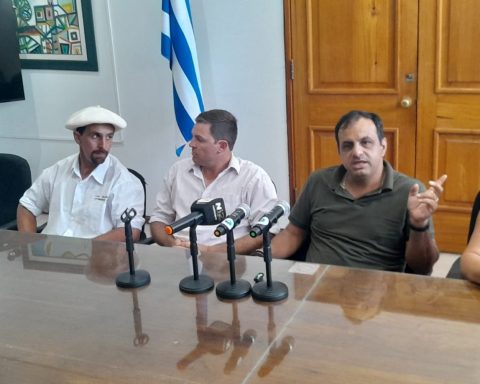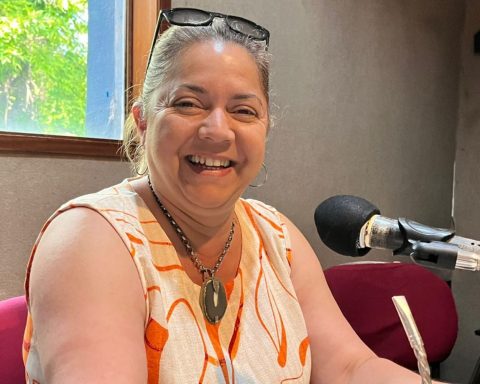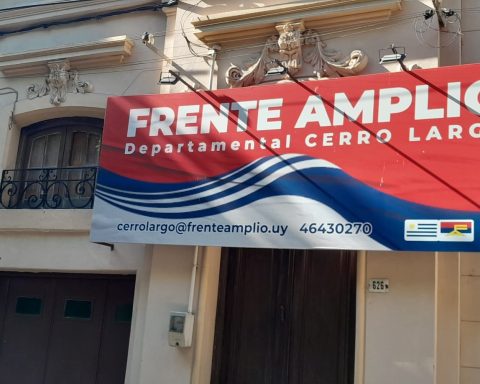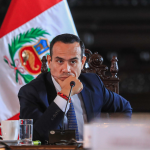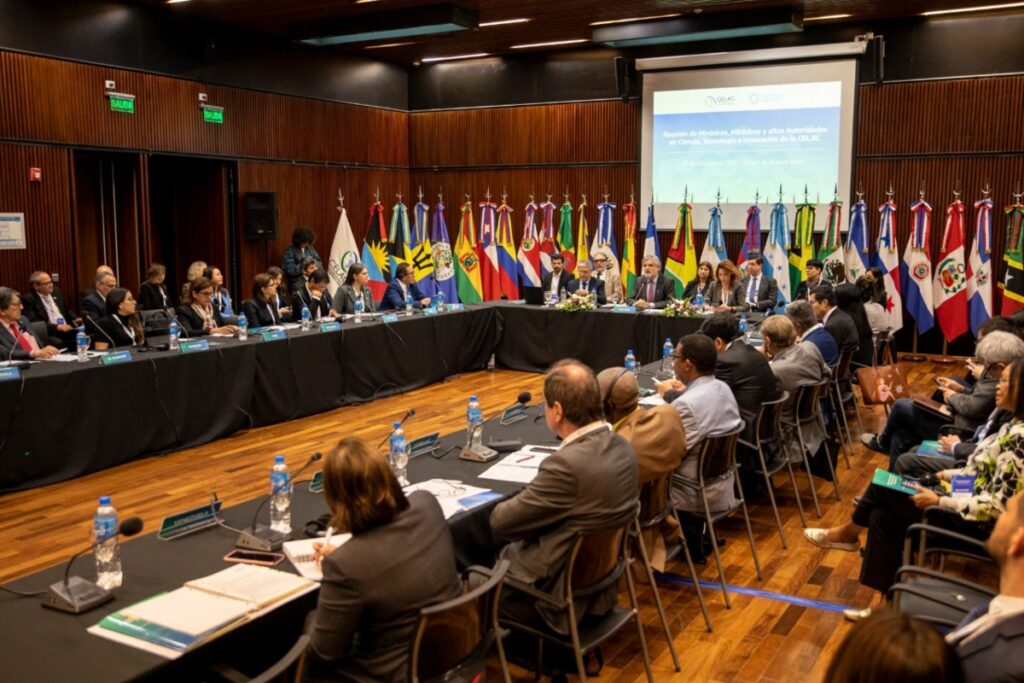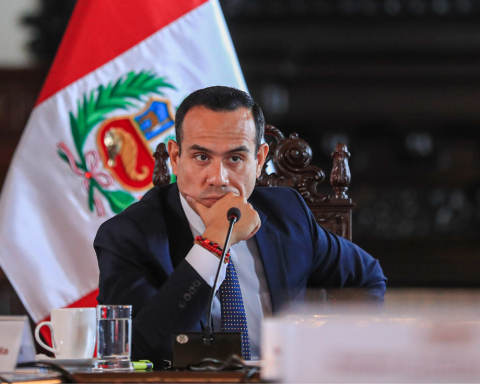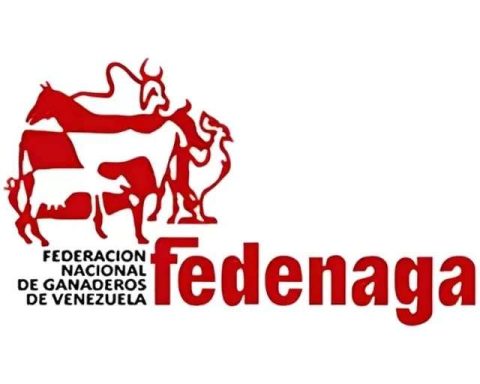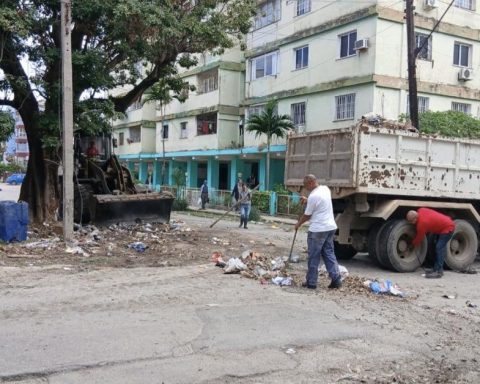The investigation into the processing of false passports for Russian and Ukrainian citizens continues to accumulate difficulties for the Gabriela Fossati Prosecutor’s Office. The large volume of information to analyze has made her sleepless for weeks -according to what she said in a hearing whose content disclosed The Observer– and now there is the impossibility of having a reliable professional who can act as a translator from Russian to Spanish.
as he knew The Observer, the lawyer of Russian citizen Alexey Slivaev, Alberto Rojas, conveyed to Fossati the need for his client to have a translator because he understands very little Spanish. Rojas suggested that she be the daughter of Slivaev, who was born in Russia but grew up in Montevideo.
Fossati told her that this was not going to be possible – she cannot validate that translation as reliable – and that they were facing, in this sense, a serious difficulty: in Uruguay there are no official Russian translators, there are only qualified ones.
In Uruguay there are only official translators of English, French, German, Italian, Portuguese. The ideal ones are those of other languages that can accredit their knowledge but did not take the official degree in Uruguay.
In turn, many of the suitable translators are named in the prosecutor’s investigation folder and suspect that they may have acted as witnesses in front of public institutions to obtain the false documentation.
Thus, choosing a truly independent one is difficult, since they have not yet finished analyzing all the information.
In addition, the prosecutor told Rojas that she is convinced that Slivaev speaks enough Spanish to understand what is being consulted and make himself understood. This Russian citizen, pointed out by Fossati for capturing the Russians and managing the documentation, has lived in Uruguay for almost 15 years.
Last Friday, at a hearing, he linked the false travel documents to people linked to “intelligence powers of the Russian country.”
“We have not been able to determine all the reasons why these people wanted to have Uruguayan documentation. Fernández has given us some information, some is verified and another is not verified. Some are logical, such as that some citizens wanted to escape the war (not to those that are prior to 2016 or 2017. Another explanation is that it was with the intention of obtaining visas to the United States or to move freely through Europe. The importance of not being able to frustrate this investigation leads to nothing more and nothing less than what we are talking about, in some cases, of Russian people who are linked to intelligence powers of the Russian country before and now,” Fossati said at the end of the hearing, according to the recording he accessed. The Observer.
Roles within the organization
The purpose of the hearing on Friday the 14th was to impute and establish the precautionary measures of Patricia Medina, partner of the notary public Álvaro Fernández, preventively imprisoned for this cause. According to the prosecutor Fossati, the woman had a relevant role in the organization since she told Fernández how to handle himself on several occasions.
Starting in 2013, notary public Fernández and Russian citizen Alexey Slivaev began working together to obtain Uruguayan documents for Russians, using adulterated Russian birth certificates.
Slivaev was the one who located the potential clients and arranged the fees. Fernández, for his part, was in charge of locating Uruguayans who could claim the paternity of Russian natives.
In the search of Fernández’s study, they found documents of Russians who had adulterated passports that gave Patricia Medina power of attorney, in some of them alone and in others together with Slivaev. Even some general powers for the management of a sole proprietorship.
Astesiano, for his part, was the link with some public officials that allowed the maneuver to be carried out. Interpol is trying to identify who those officials are.
“The general modus operandi was to look for a job reference or set up a sole proprietorship to justify their proximity (a necessary step in the process). There are a large number of files that are being processed at this time in the Electoral Court in which the justification was made with more rigor and depth.This documentation also shows links between Slivaev, Fernández and Medina as witnesses or managers.Fossati warned in audience.
The prosecutor emphasized that Medina’s role in the organization “is not minor” and to illustrate it, she read some of the chats between her and her partner. She stressed that they obtained them from his phone, since she deleted all her messages and now the Scientific Police must try to recover them.
Finally, Medina was charged with co-authoring a crime of assumption of marital status and the authorship of association to commit a crime. She must be in preventive detention until February 2023. Among the arguments to request this measure, Fossati stressed that if she were released, the woman could try to “free” her daughter. The prosecution does not rule out that she had a link with the organization.
